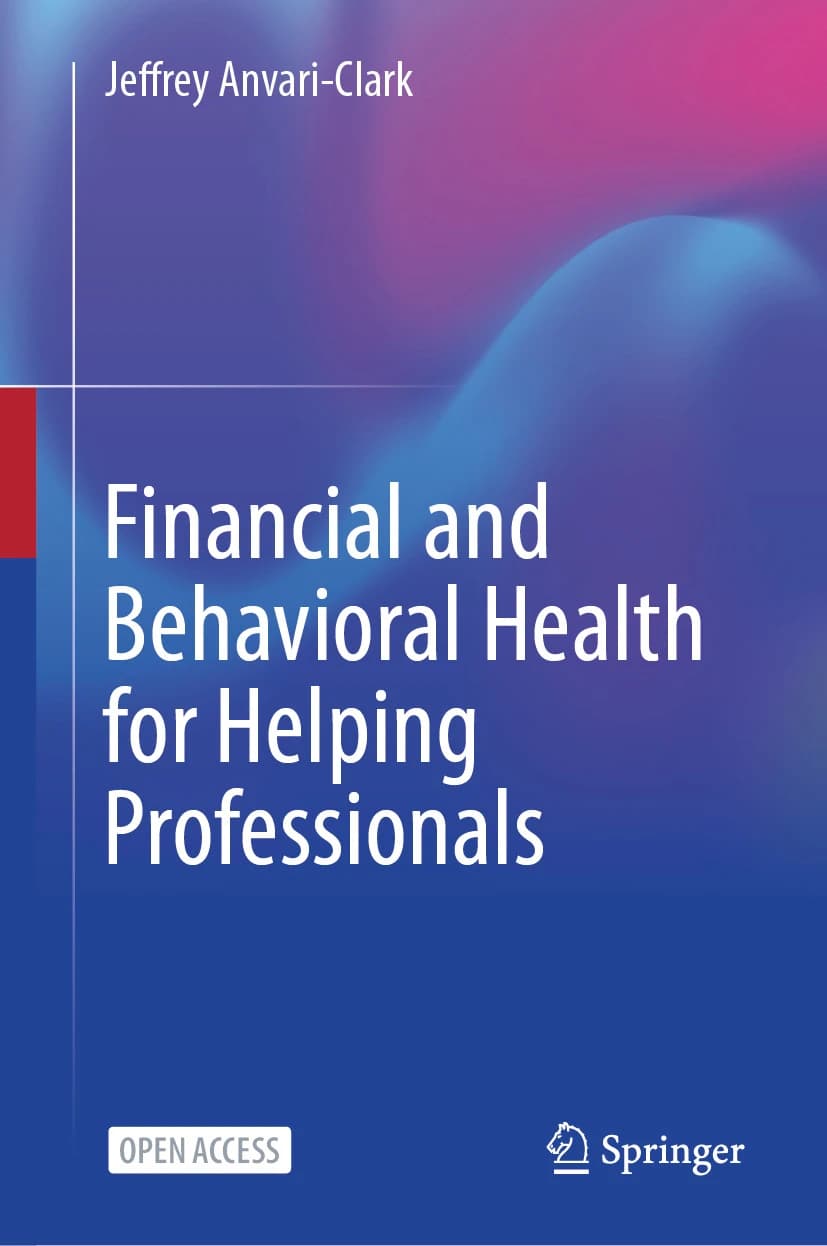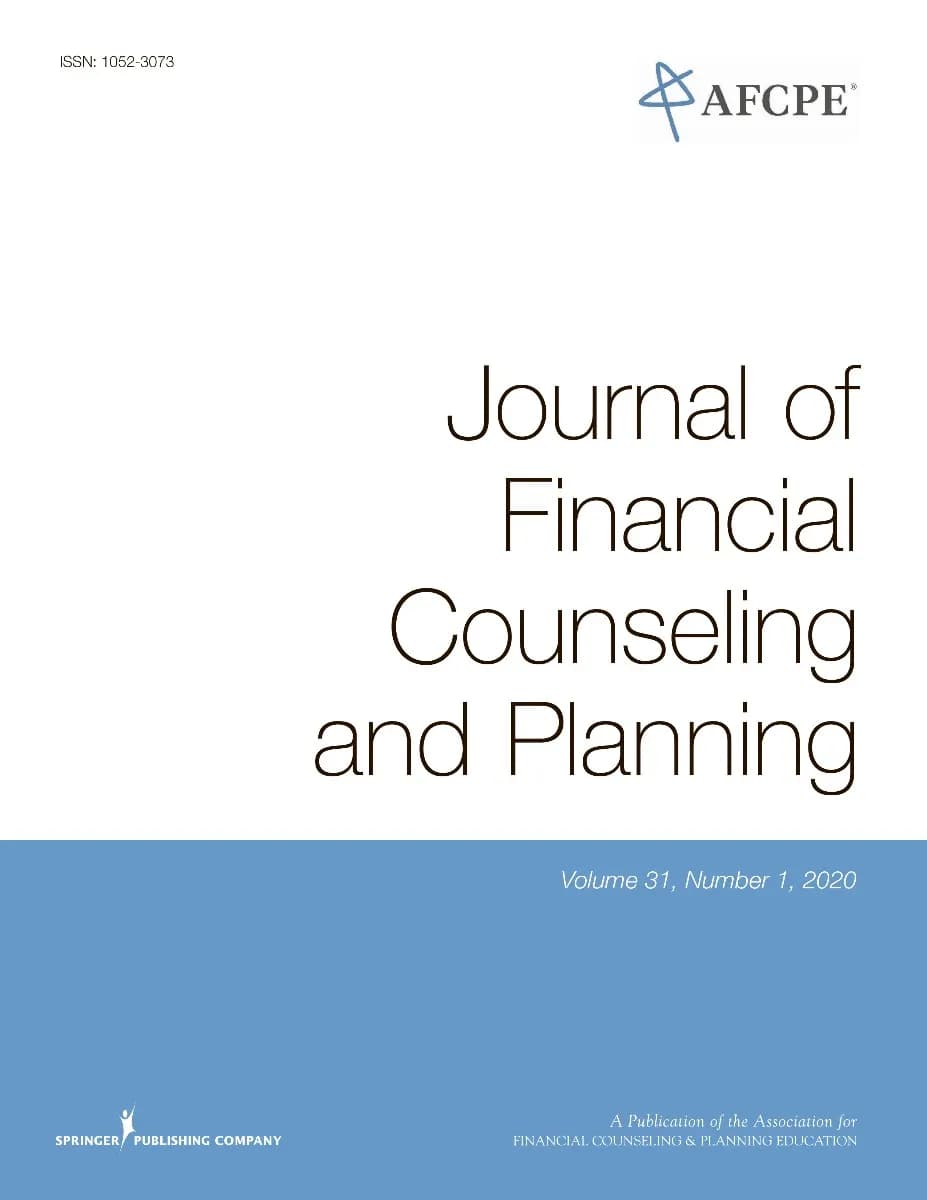
New KU parternship dedicated to engaged fatherhood, family, and financial stability
University of Kansas researchers strengthen fatherhood engagement and financial stability in northeast Kansas using evidence-based curriculums like Money Habitudes.
Read Full Study


